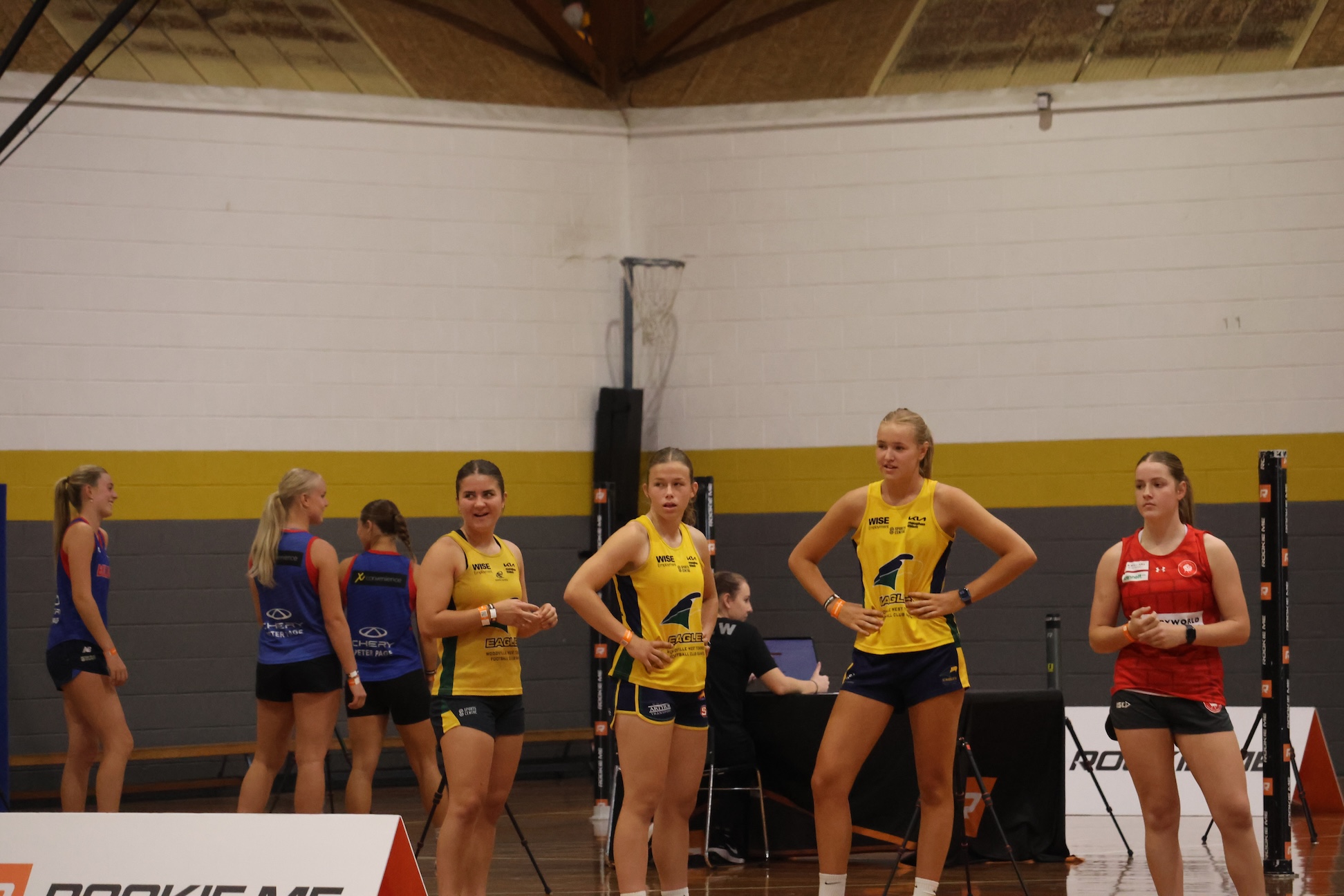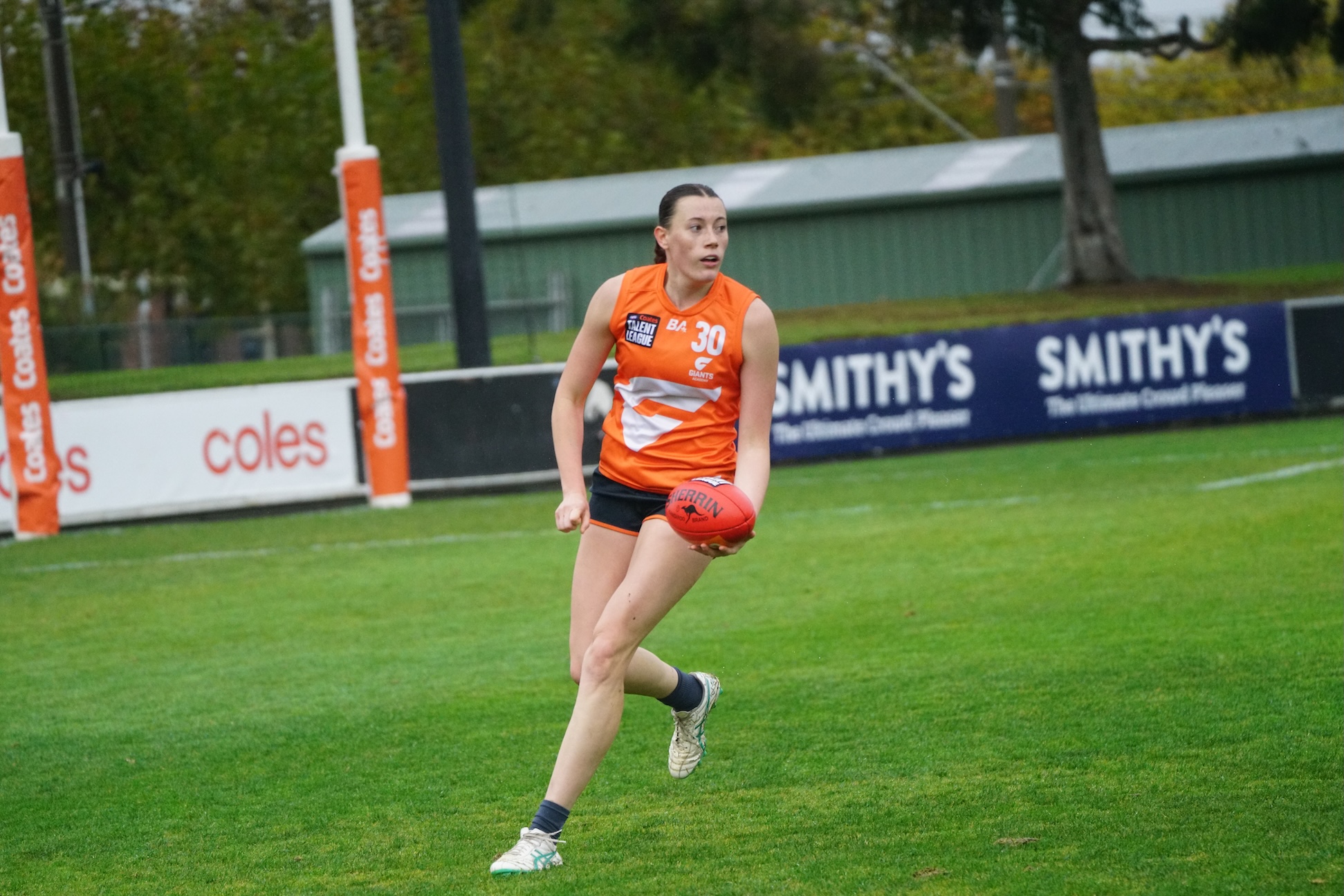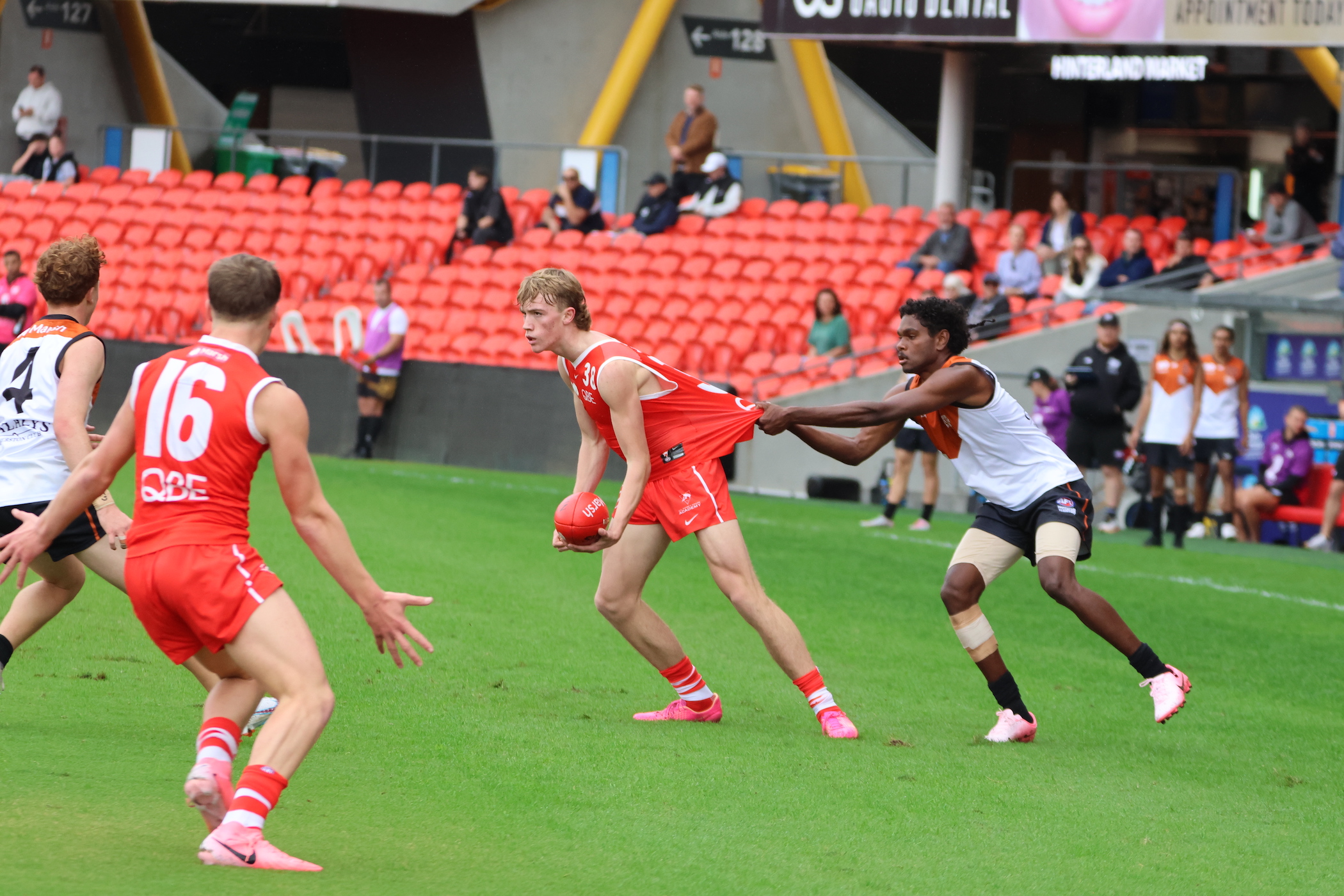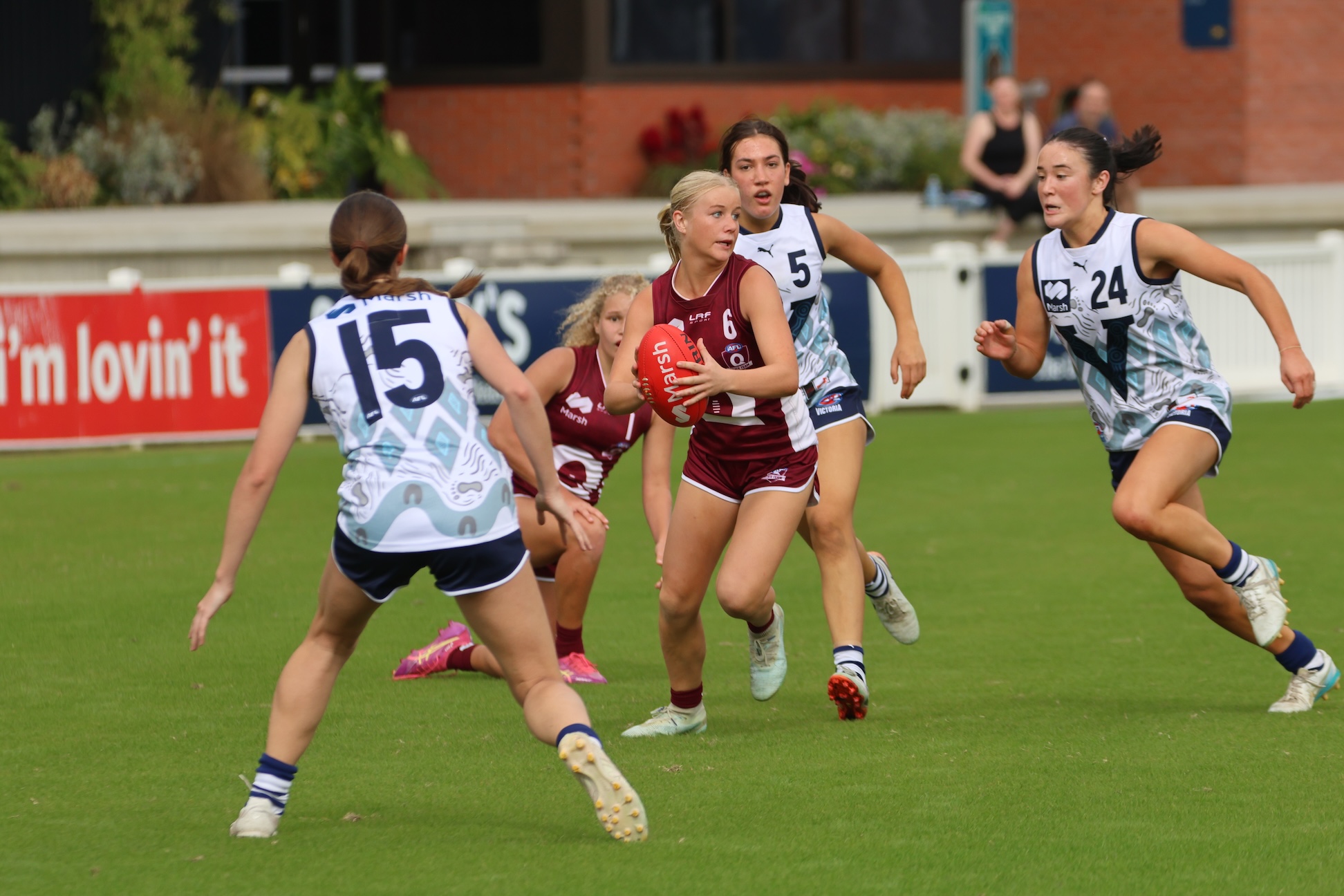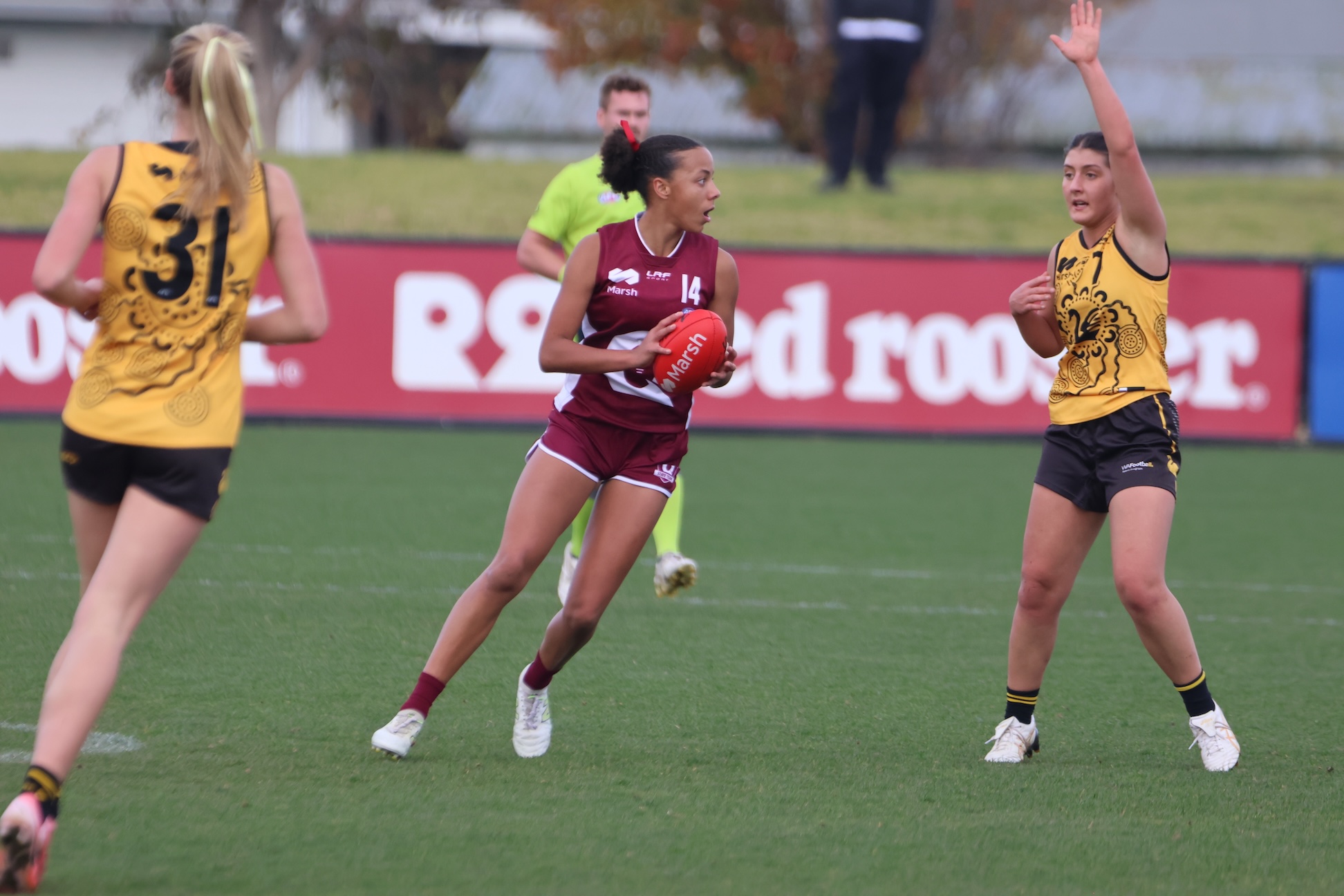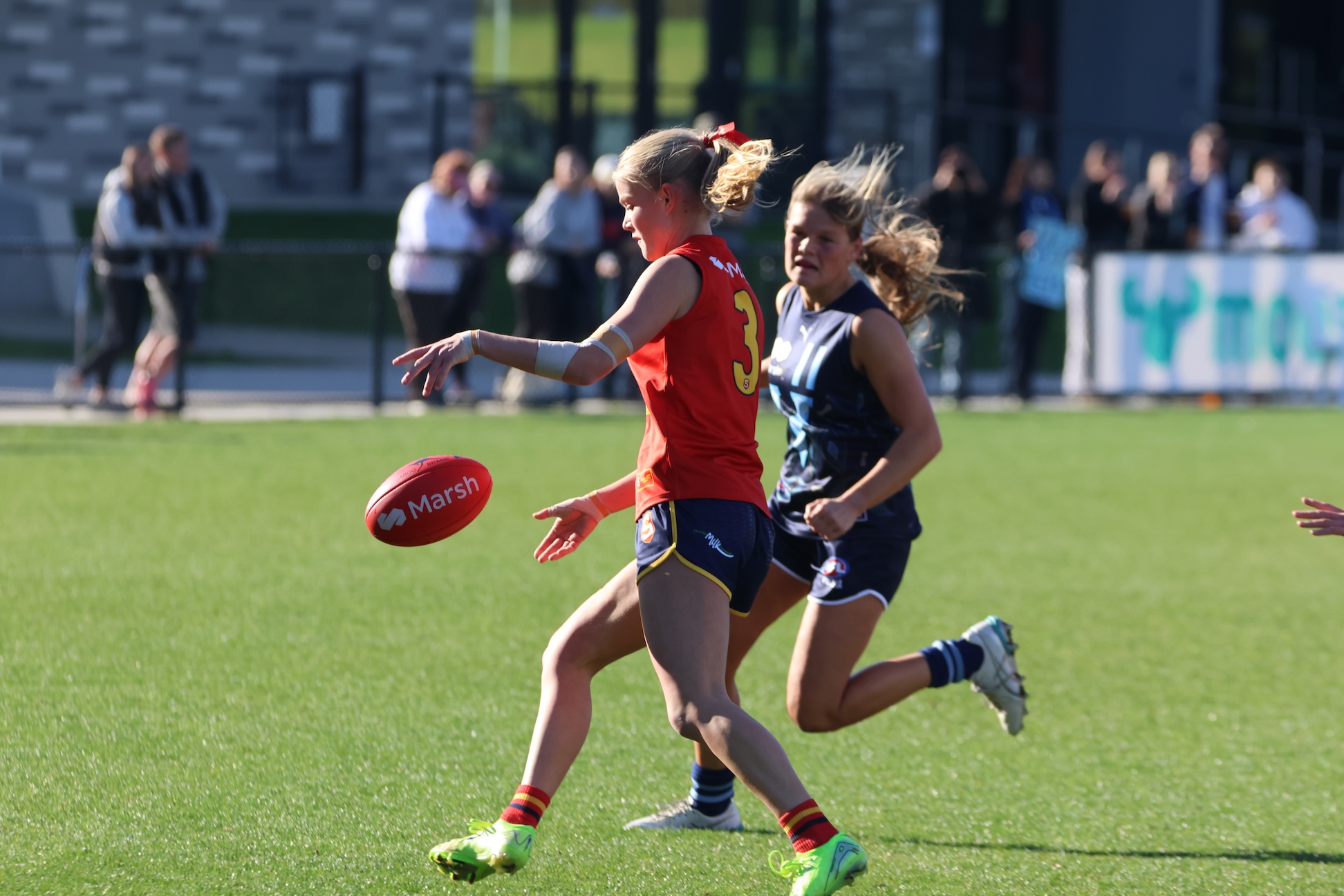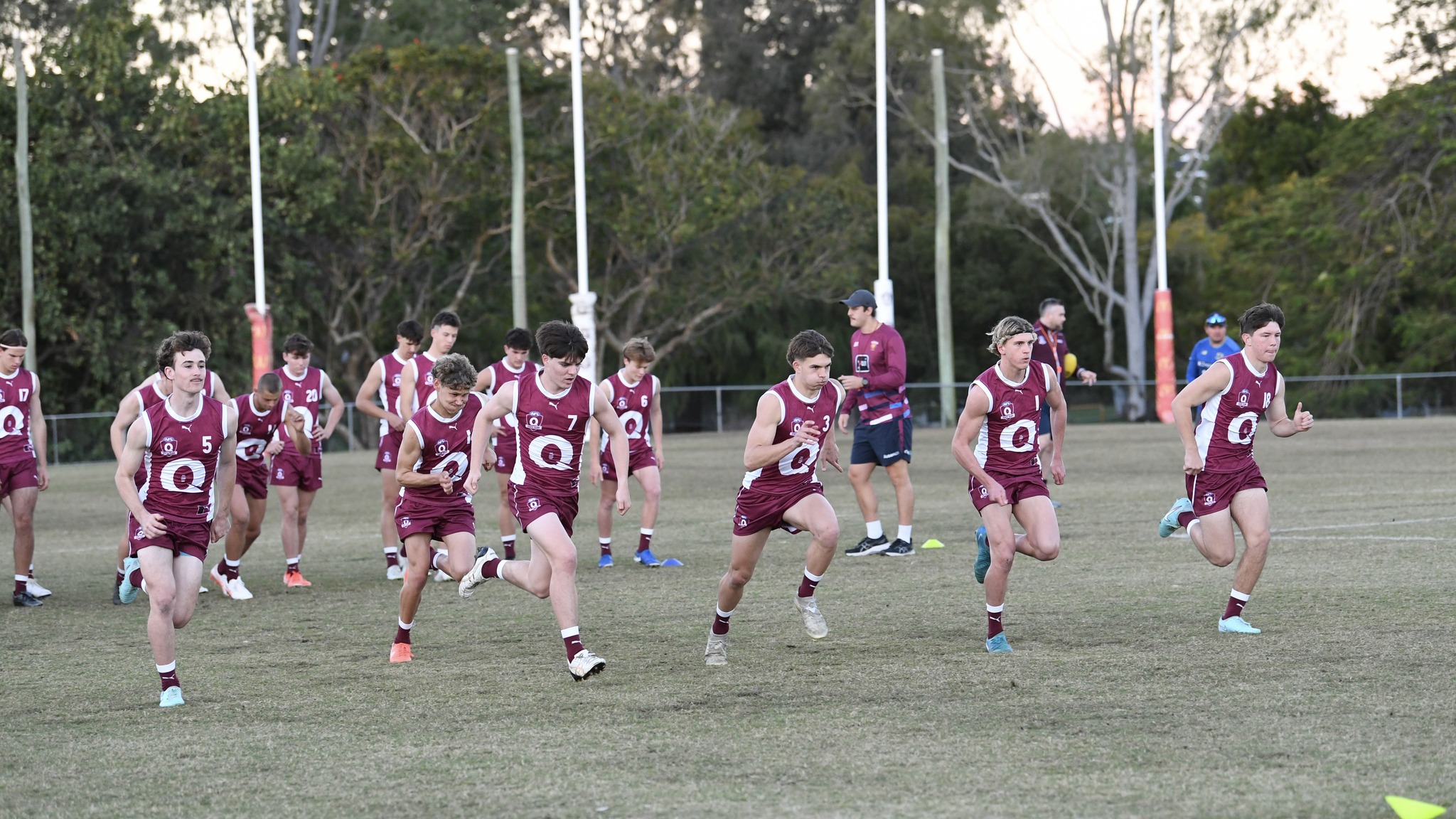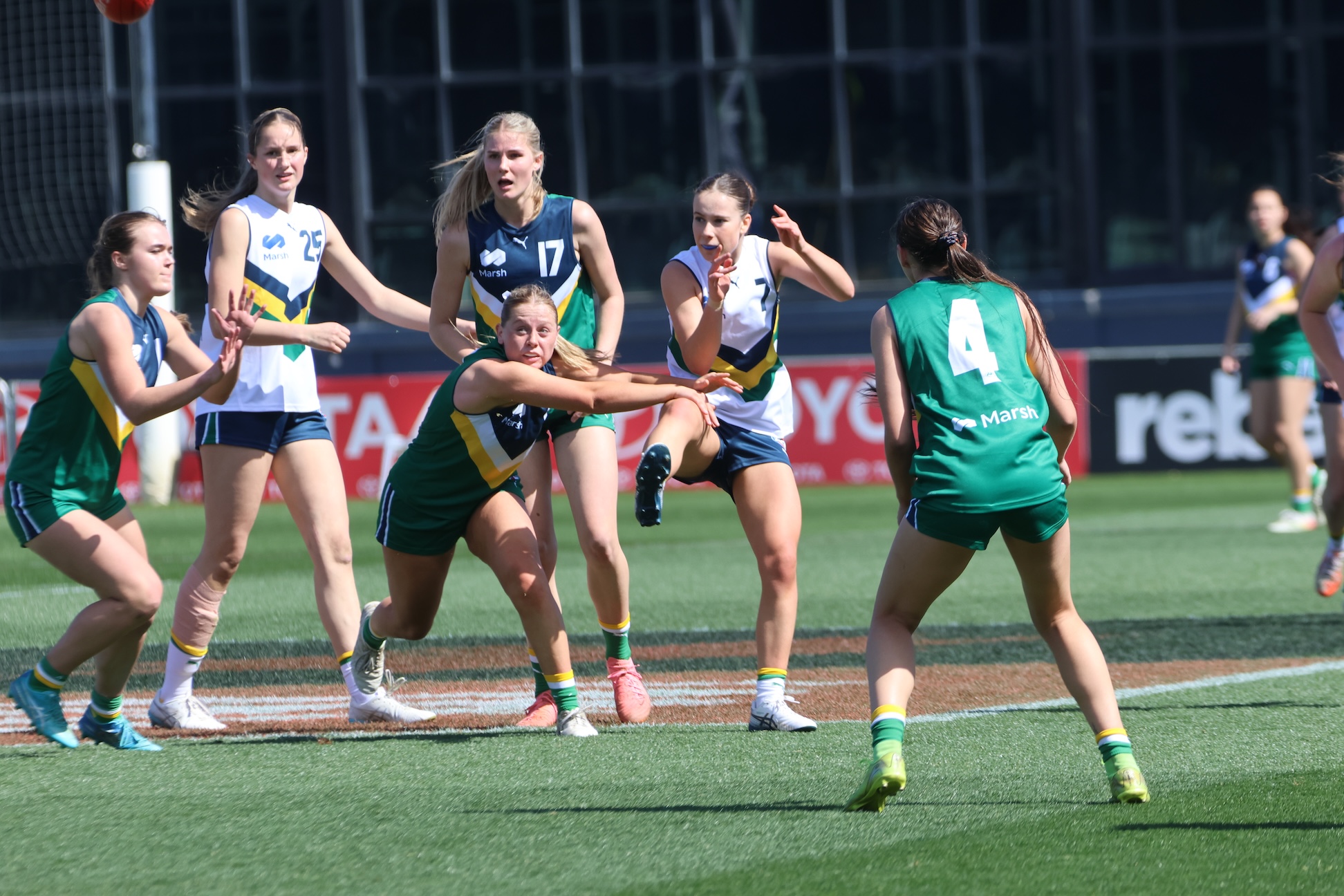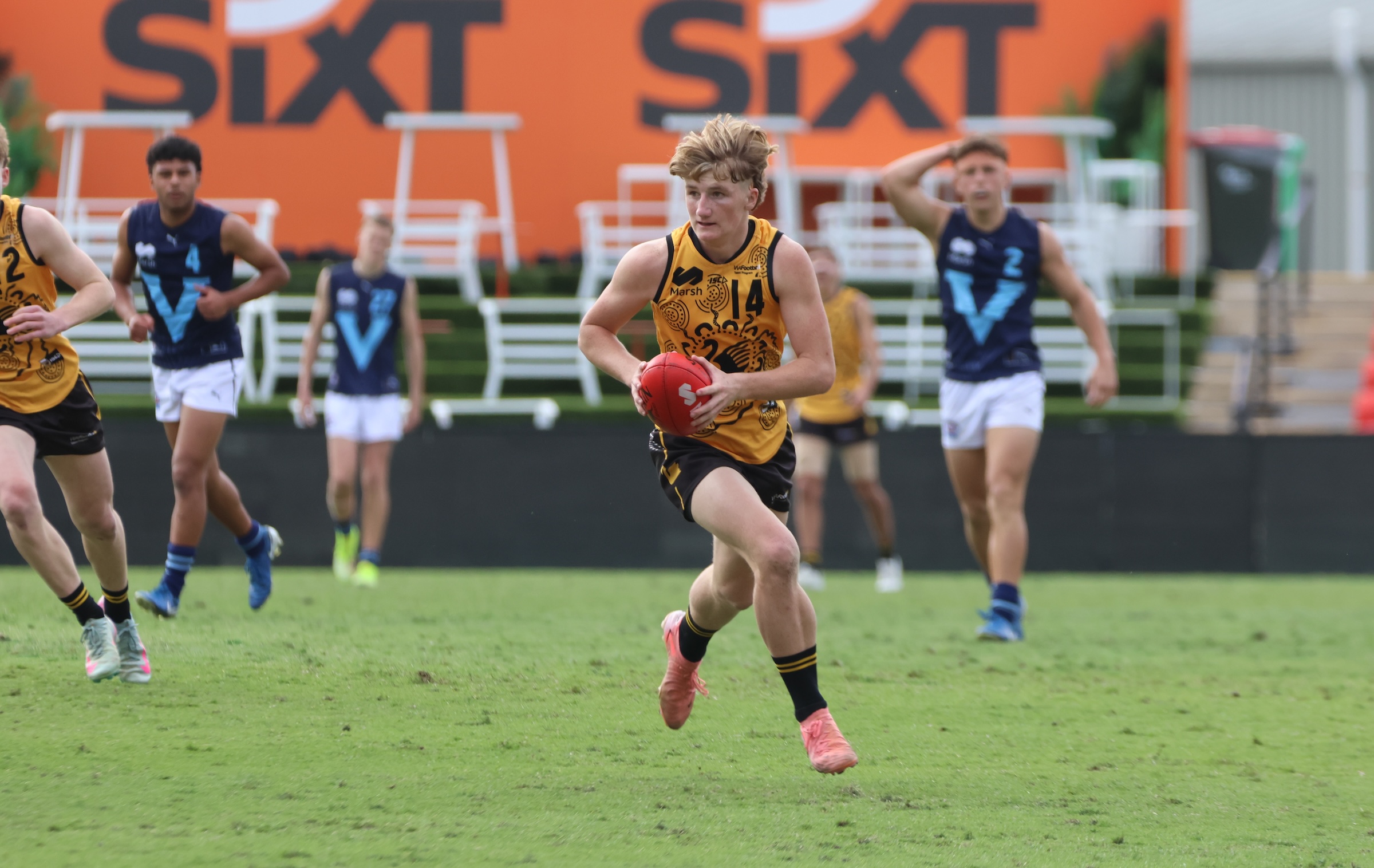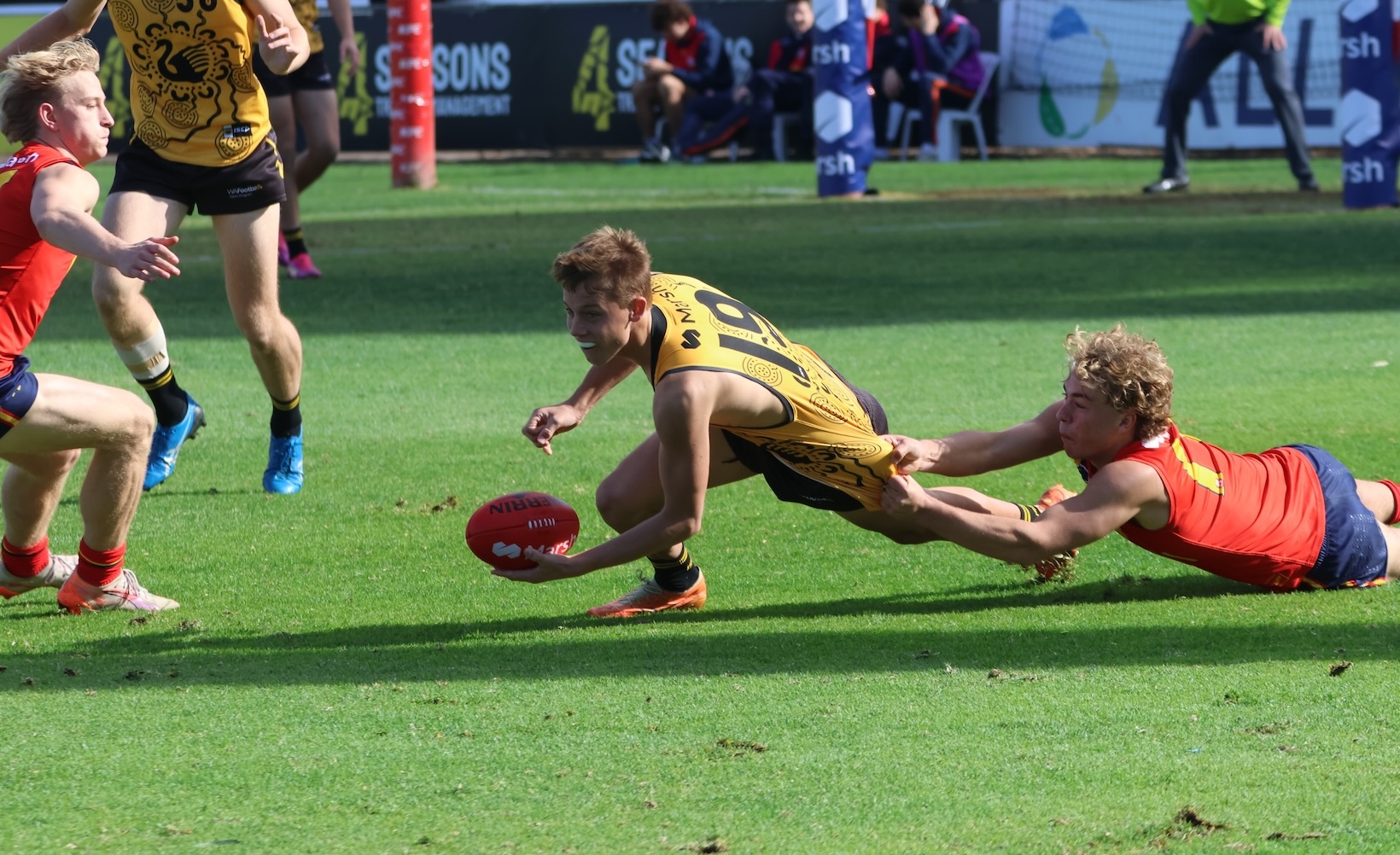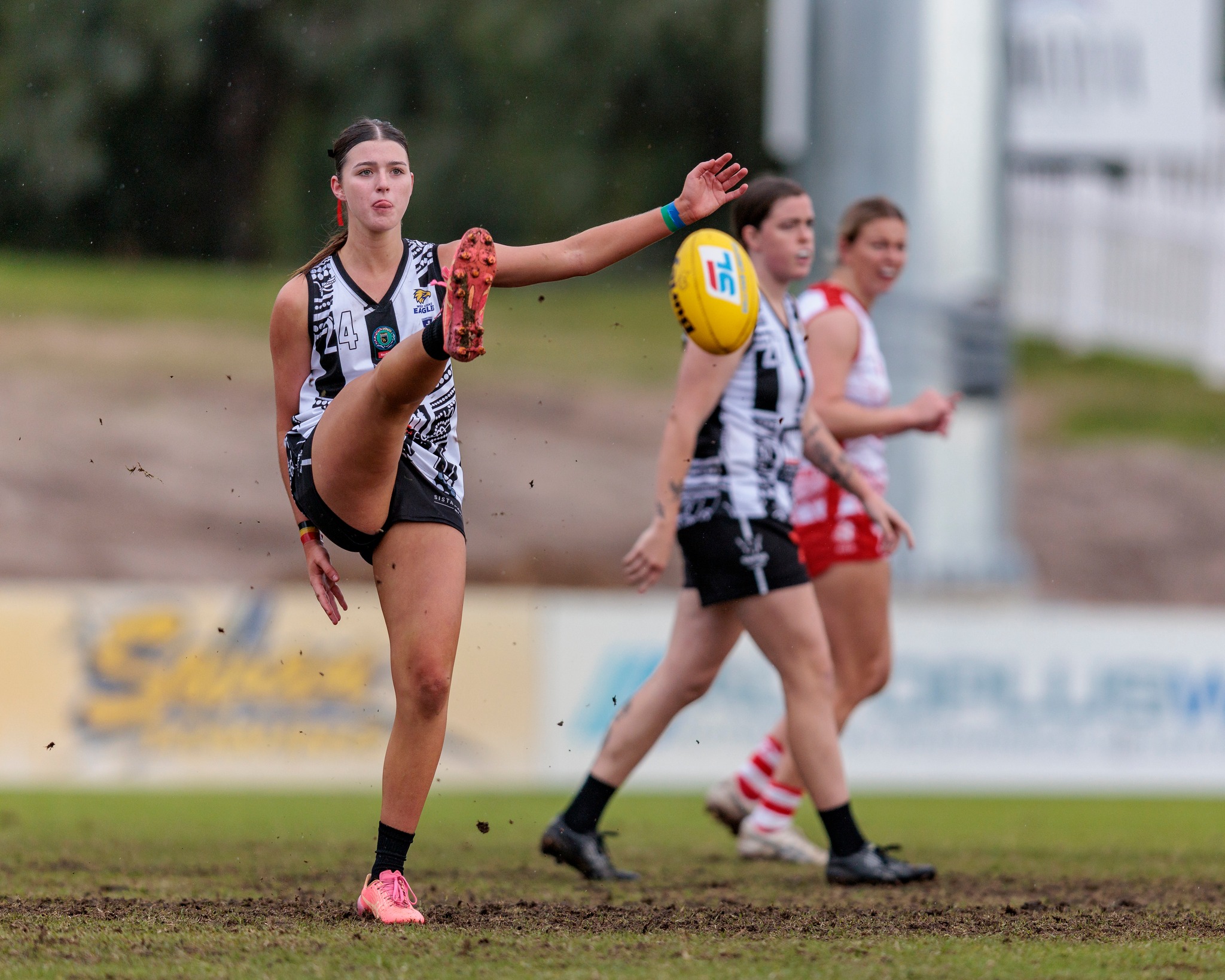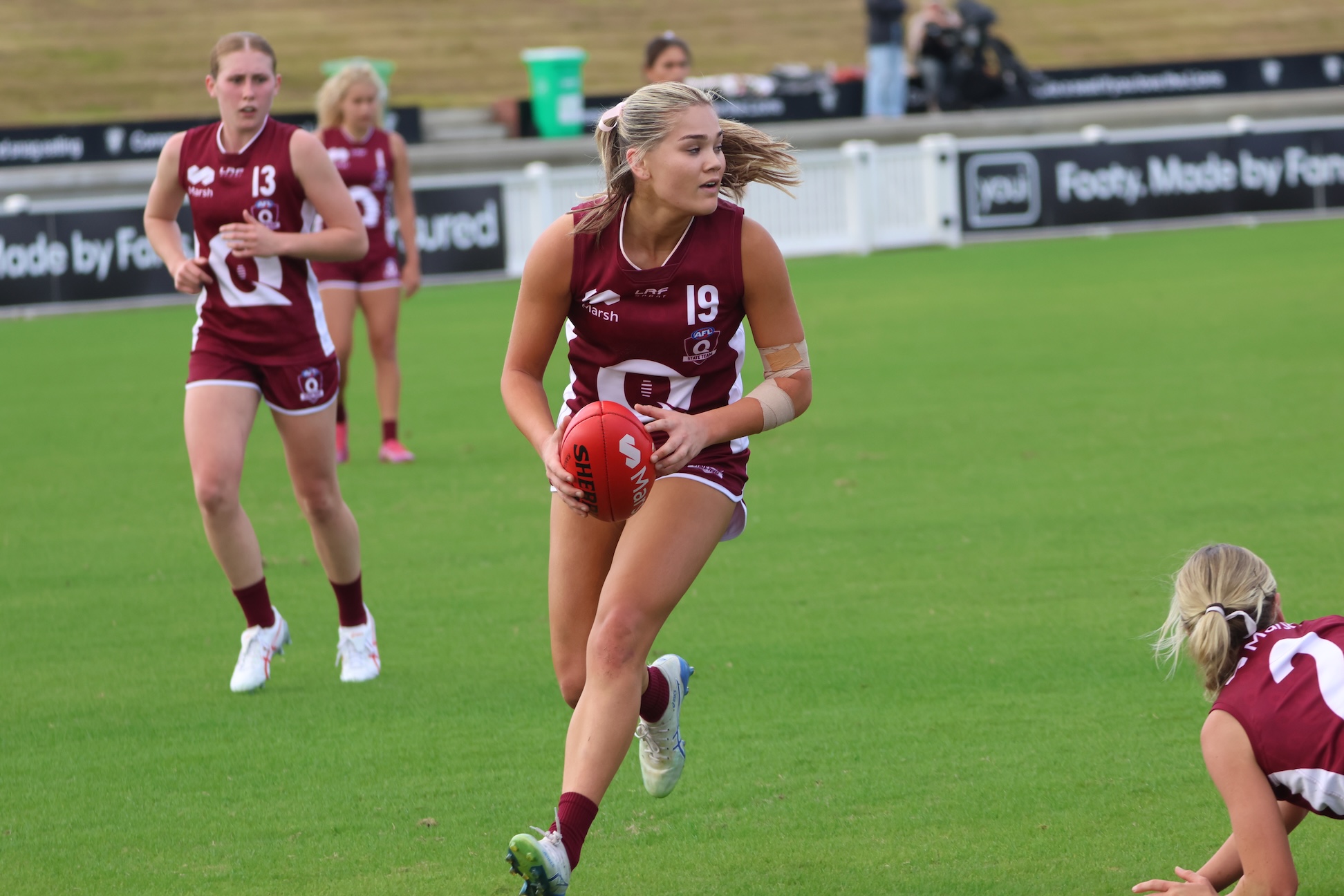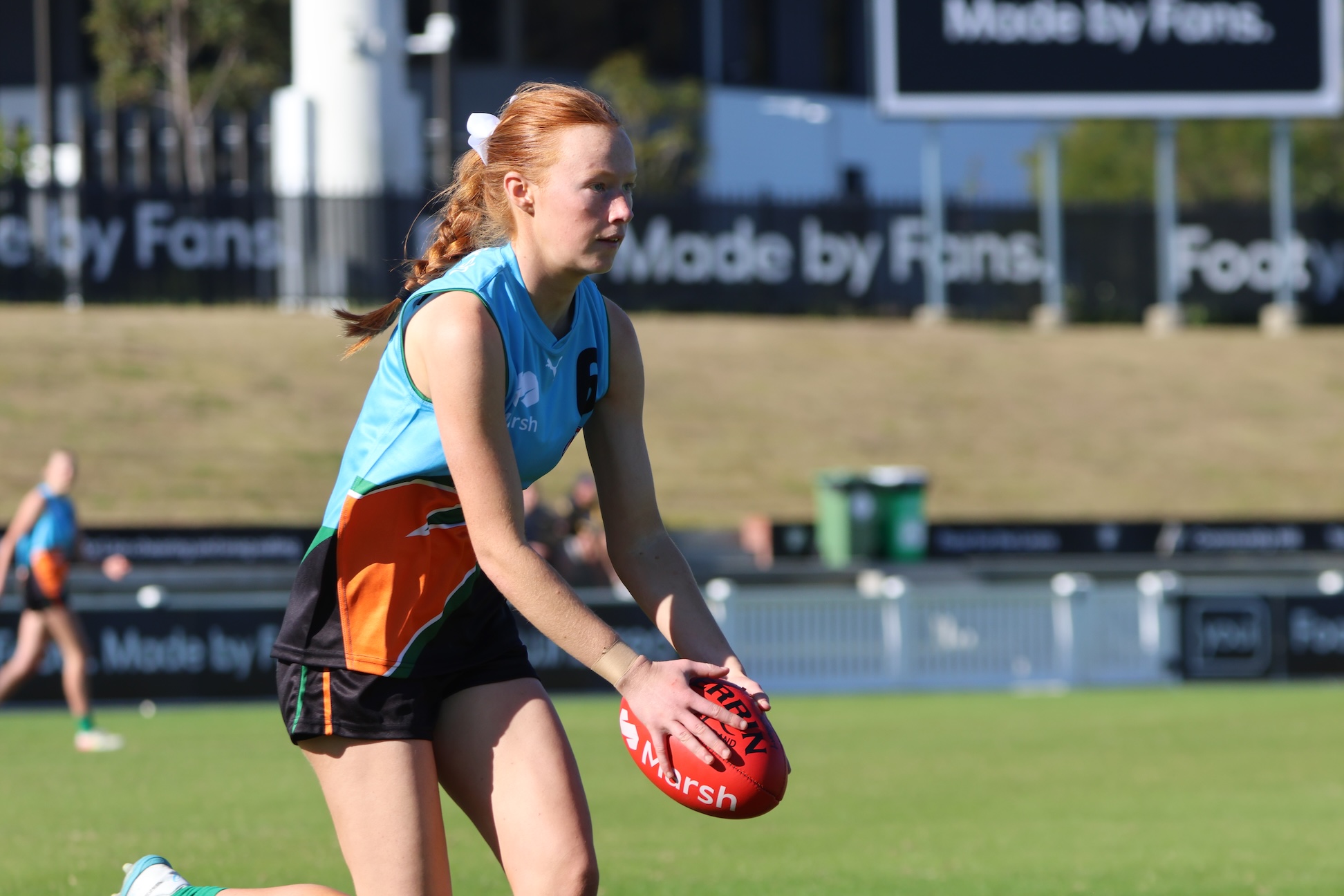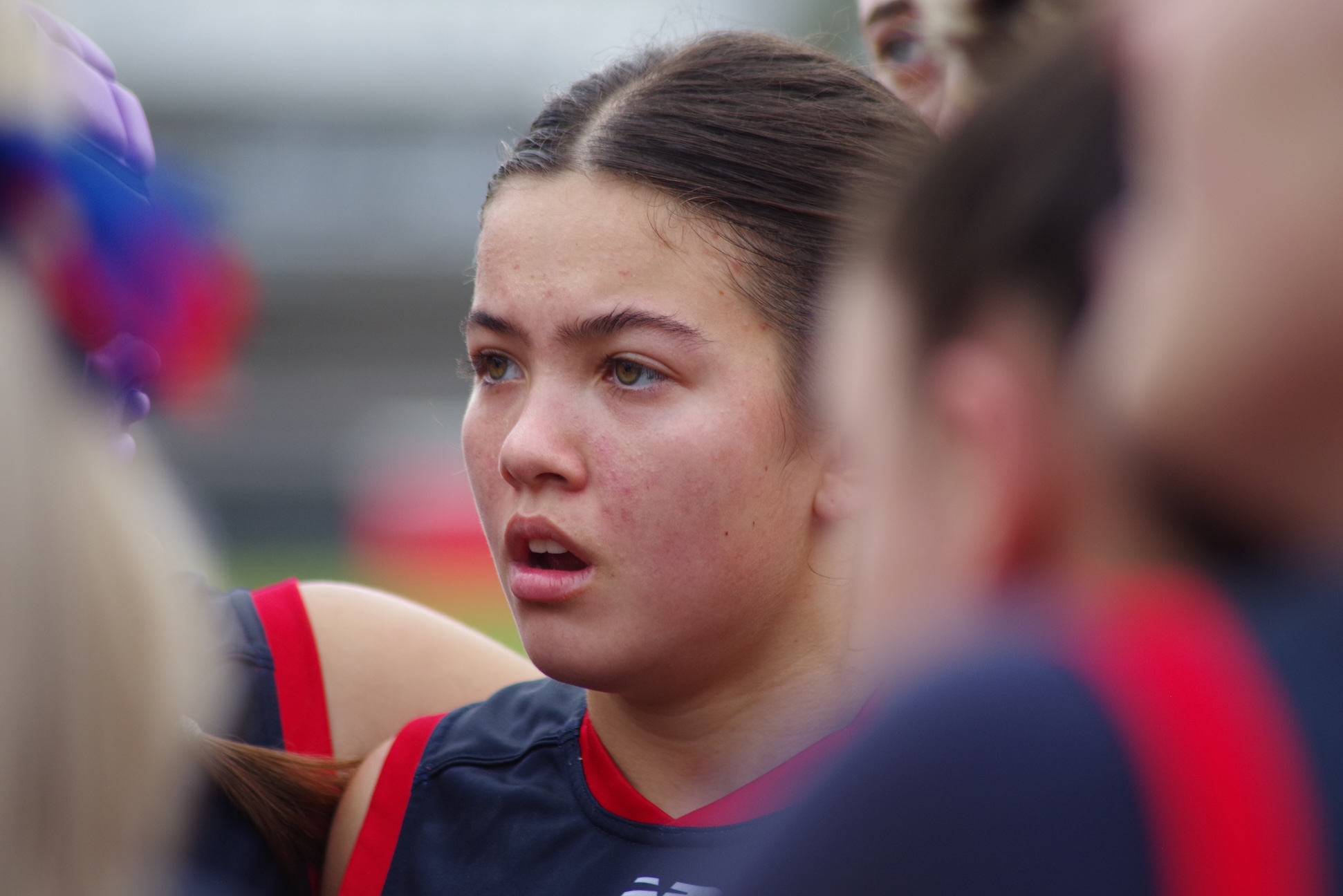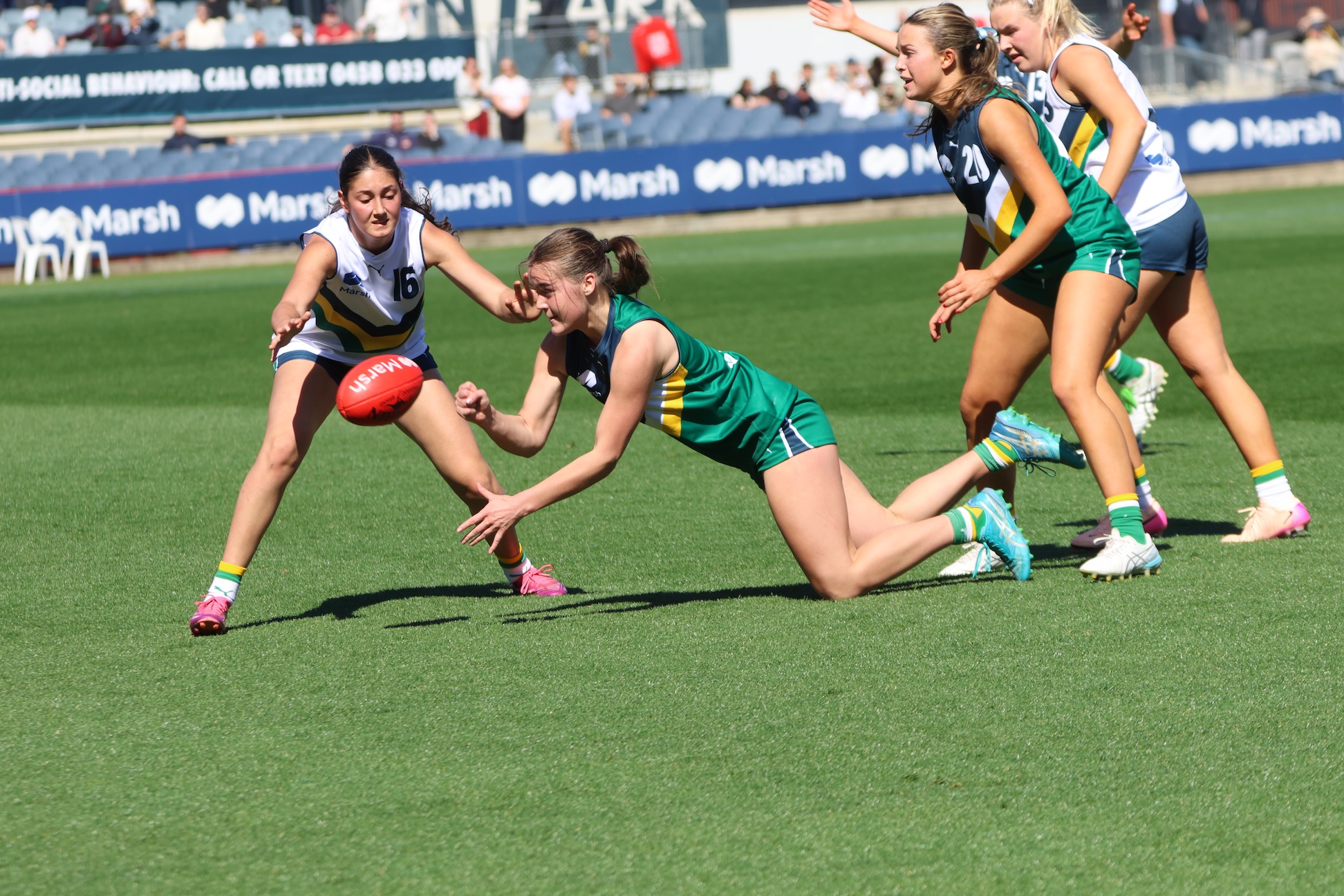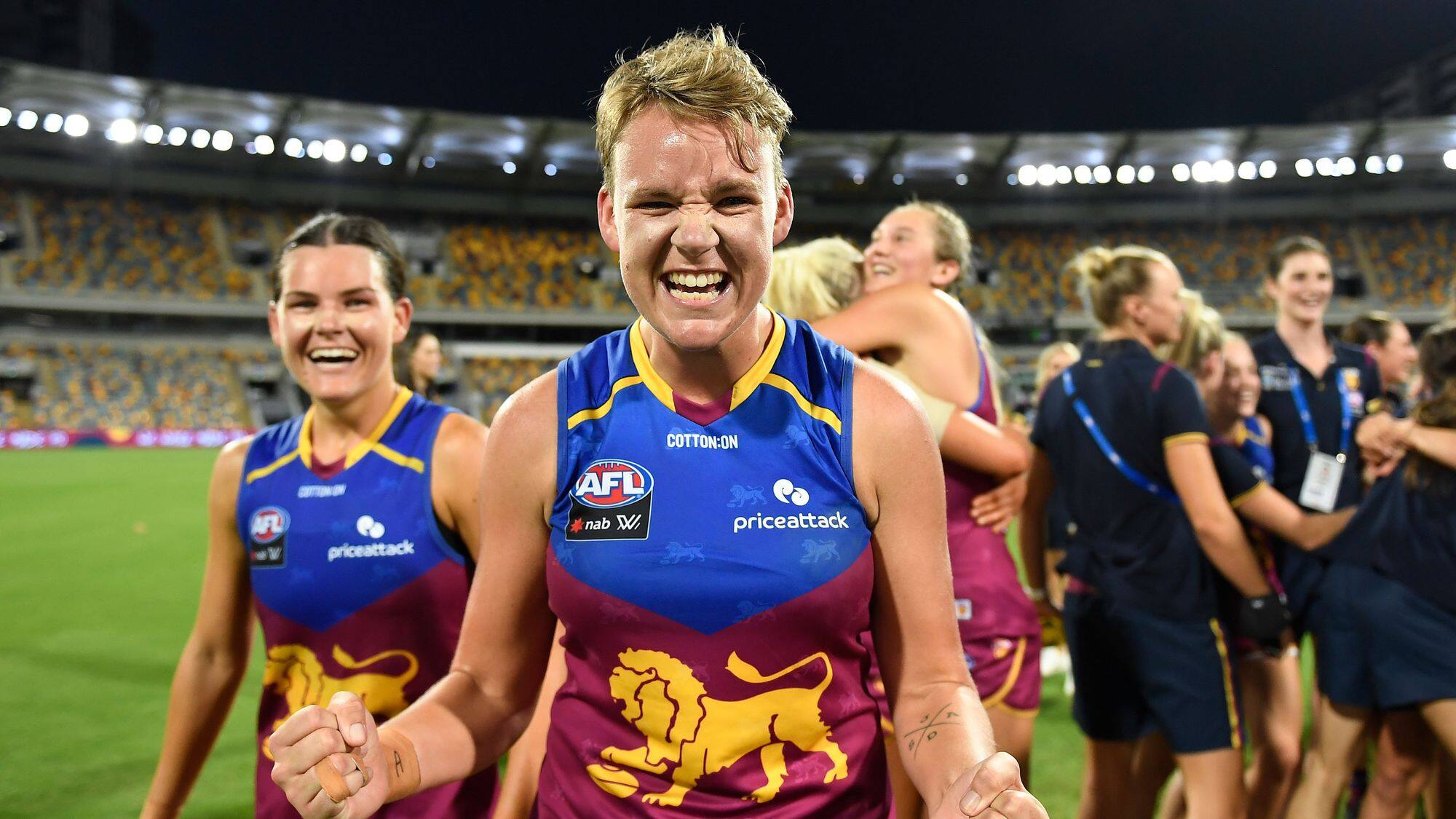THE Australian Football League (AFL) has taken many strides over the past few years to incorporate new or modified versions of the game to attract new people or to offer alternatives to current players.
The two new versions that have had the most success are nine-a-side AFL and this year’s rollout of the AFLX. Whilst it is to early to determine the success and impact of AFLX in Queensland, there is enough evidence to show that AFL 9s is growing and succeeding.
Participation is the key measure the AFL uses to determine the success of the AFL 9s. This was pointed out by AFL CEO Gillon McLachlan back in 2015 when McDonalds was made the new naming rights sponsor of the competition’s nine-a-side, social version of Australian football, AFL 9s.
“AFL 9s is a key part of our participation growth strategy and has proven to be enormously popular on a national scale due to its broad appeal,” Mr. McLachlan said.
AFL 9s has been in the Queensland system for a few years and it has thrived in increasing participation. A 2017 news article by AFL Queensland, ‘Queensland participation tops 250,000’, showed AFL census figures revealed a 10.47 per cent growth in AFL9s participation across the state.
AFL Queensland Schools and AFL 9s Programs Coordinator Katherine Julius stated that in her six-month tenure in her current role, there has been a 7 per cent participation increase in modified forms of Aussie Rules across the state. Similar growth in AFL 9s can be seen south of the border in New South Wales and the ACT with 2017 participation figures showing a 30.4 per cent growth in AFL 9s participation. The AFL’s administration would be very pleased at the development of AFL9s and Aussie Rules in general in the non-traditional AFL states. Julius highlighted key reasons as to why AFL9s has claimed a strong foothold in Queensland and across the country.
“AFL 9s is non-contact therefore more inclusive to those who do not want to play AFL. Families can play together, and most competitions offer mixed football – men and women play together,” Julius said. “Commitment is minimal, teams often do not train, they simply come together to play a game one night a week. “AFL 9s is fun and allows those with little time somewhere to keep fit while meeting with friends or making new ones.”
In other words, despite the fact an AFL 9s participant may never desire to or join an AFL club, the modified competition still creates that connection between the person and the game of Aussie Rules. This can create an interest in watching the game on TV or live at the ground. There are plans in place across Queensland to continue the growth of AFL 9s in the future. Julius pointed out some of these exciting new competitions that will be rolling out across the state.
“We have two projects on the go at the moment, an ‘On the Beach Series’ – we ran our first one on Mooloolaba beach in February and are currently planning more, one in Hervey Bay and the other on the Gold Coast,” Julius said. “Second project is the “AFLQ Women’s Series” with this competition we aim to provide women’s teams with more football content and keep them engaged in their clubs.”
The creation of the AFLQ Women’s Series was motivated by current unequal ratio of male and female participation in AFL9s and that there are no exclusively AFL 9s female competitions. As well as aiming to carer for south-east Queensland football clubs without a team in any senior women’s competition this year as a cost-effective way to keep players engage with the sport and their clubs.
The inaugural 2018 AFL Queensland Women’s AFL 9s Series begins on April 29. The continued growth of AFL9s across Queensland and the nation comes from the increased participation from current club players and non-club players. Julius simply sums what AFL9s offers.
“AFL 9s is the perfect way to work on skills for current players while encouraging new participants to play,” she said.
For more information on AFL 9s and to sign up, head to the AFL9s Facebook page or the website at http://afl9s.com.au/

